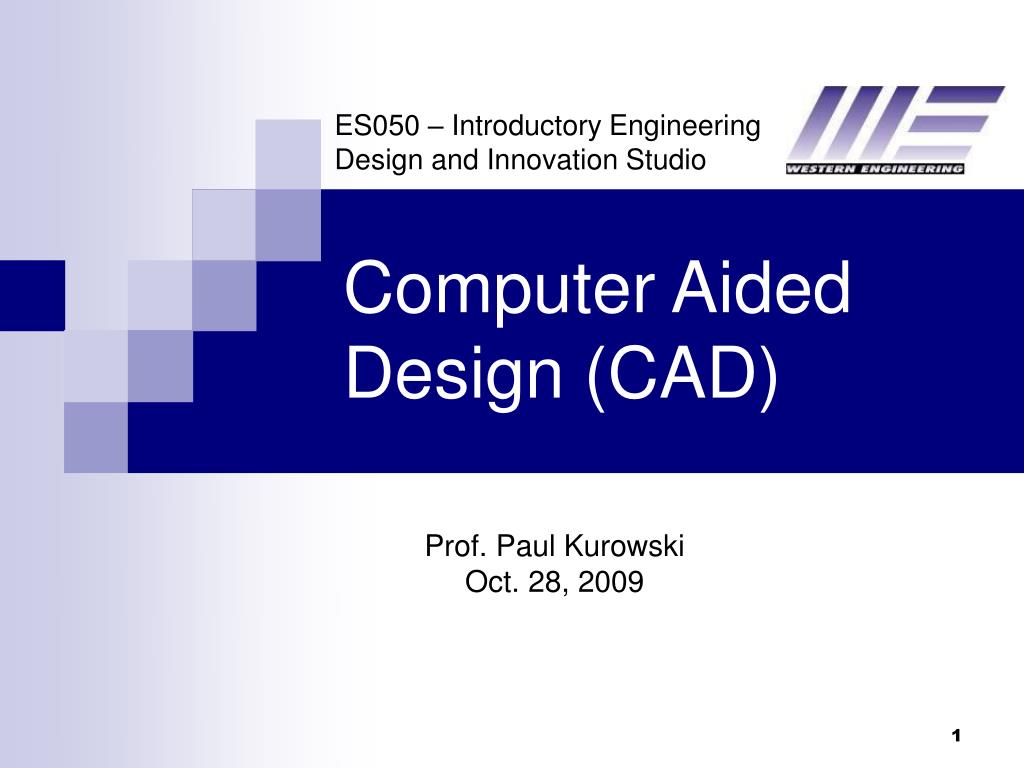Are you wondering if doctors can refer you to a dentist? The answer is yes! In fact, it is quite common for doctors to refer their patients to dentists for specialized dental care. This article will explore the reasons why doctors may refer patients to dentists, the benefits of seeking dental care from a professional dentist, and provide some tips for finding a trusted dentist near you. So, let's dive in!
The Need for Dental Care
When it comes to our overall health, dental care plays a crucial role. Poor oral hygiene can lead to various dental problems such as cavities, gum disease, and even tooth loss. Additionally, certain dental issues can have an impact on our general health, such as infections that can spread to other parts of the body. Therefore, it is essential to address dental concerns promptly and seek the appropriate care.
Why Doctors Refer to Dentists
There are several reasons why doctors may refer patients to dentists. One common reason is when a patient presents with symptoms or conditions that require specialized dental treatment. For example, if a patient has a severe toothache, the doctor may suspect a dental infection and refer them to a dentist for further evaluation and treatment.
Another reason for doctor referrals is when a patient requires dental care as part of a larger treatment plan. For instance, individuals with certain medical conditions, such as heart disease or diabetes, may need clearance from a dentist before undergoing certain medical procedures. The dentist can assess the patient's oral health and provide necessary recommendations to ensure their safety during the procedure.
Furthermore, doctors may refer patients to dentists for preventive care. Regular dental check-ups and cleanings are essential for maintaining oral health and preventing dental problems. Doctors recognize the importance of preventive dental care and may encourage their patients to visit a dentist regularly.
Benefits of Seeking Dental Care
By seeking dental care from a professional dentist, patients can benefit in several ways. Dentists have specialized training and expertise in diagnosing and treating dental conditions. They can provide individualized treatment plans based on the patient's unique needs and goals.
In addition to their technical skills, dentists also offer a comfortable and safe environment for dental procedures. They use modern technologies and techniques to ensure the best outcomes and minimize discomfort during treatments.
Regular dental check-ups and cleanings can help detect dental problems early on, preventing them from progressing into more severe issues. Dentists can also provide valuable oral hygiene instructions and tips to help patients maintain a healthy smile.
How to Find a Trusted Dentist
When it comes to finding a trusted dentist, there are a few key factors to consider. Start by asking for recommendations from your doctor, friends, or family members. They can provide insights into their personal experiences and help you make an informed decision.
Additionally, do some research on potential dentists in your area. Look for online reviews and testimonials from previous patients to get an idea of the dentist's reputation and the quality of their services. It's also essential to consider factors such as the dentist's qualifications, experience, and the dental clinic's overall atmosphere.
Before making a final decision, schedule a consultation with the dentist to discuss your dental concerns and ask any questions you may have. This will give you an opportunity to assess their communication style, professionalism, and whether you feel comfortable in their care.
Conclusion
In conclusion, doctors can indeed refer patients to dentists for specialized dental care. Seeking dental treatment from a professional dentist is crucial for maintaining good oral health and preventing dental problems. By finding a trusted dentist and attending regular check-ups, you can ensure that your smile remains healthy and beautiful for years to come. So, don't hesitate to ask your doctor for a referral to a dentist today!
Question and Answer
1. Can doctors refer patients to dentists for cosmetic dental procedures?
Yes, doctors can refer patients to dentists for cosmetic dental procedures such as teeth whitening or veneers. However, it's important to note that cosmetic procedures are usually elective and not covered by insurance.
2. How often should I visit the dentist for regular check-ups?
It is recommended to visit the dentist for regular check-ups and cleanings every six months. However, the frequency may vary depending on your individual dental needs and the dentist's recommendation.
3. Are dentists qualified to treat dental emergencies?
Yes, dentists are trained to handle dental emergencies. If you experience a dental emergency such as a knocked-out tooth or severe oral pain, contact your dentist immediately for guidance and prompt treatment.
4. Can doctors prescribe dental medications?
Doctors can prescribe certain dental medications such as antibiotics for dental infections. However, for specialized dental treatments or procedures, it is best to consult with a dentist who can provide the appropriate care and medications.
Conclusion of Can Doctors Refer to Dentist
In conclusion, doctors can refer patients to dentists for various reasons, including specialized dental care, preventive treatments, and as part of a larger treatment plan. Seeking dental care from a professional dentist is essential for maintaining good oral health and preventing dental problems. By finding a trusted dentist and attending regular check-ups, you can ensure that your smile remains healthy and beautiful for years to come. So, don't hesitate to ask your doctor for a referral to a dentist today!
